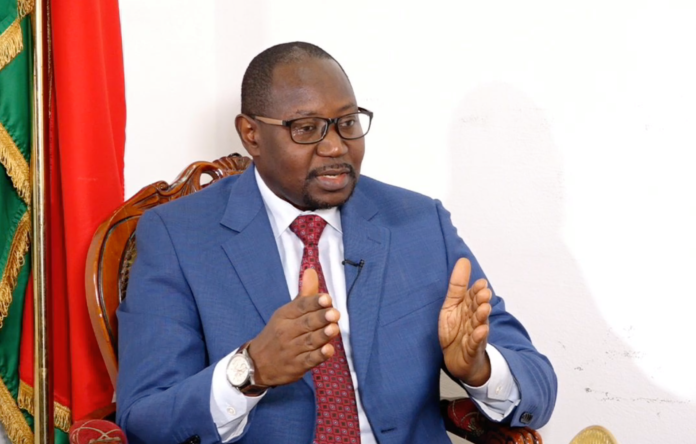GMC leader Mai Ahmad Fatty has offered his view of attestation as the issue continues to cause controversy across the country.
In a compelling write-up, Mr Fatty argued: “There are specific exclusive rights reserved for their exercise by a citizen. One such right is the right to vote at public elections to choose national leaders at all levels. The right is specific and exclusive because its exercise is predicated on citizenship and proof thereof. To enjoy this right, one must square him/herself within the prescriptions demarcated by law – the Constitution. Obtaining a voter’s card is presumptive of citizenship leading to the exercise of an exclusive right, although the card per se is not evidence of citizenship. It is an incident of citizenship. One is so entitled only upon satisfactory production of citizenship foundation documents such as a birth certificate, National ID card, etc.
“The Elections Act provides for an Attestation to replace all of these documents of nationality where none could be produced; and it did so without adequate safeguards against potential abuse. The emerging controversy that needs to be resolved is that: does a chief/alkalo supported by five unidentified, indescribable elders ipso facto possess sufficient authority in law, to confer Gambian citizenship or prove thereof? Should a mere unsworn paper Attestation serve as evidence of nationality for purposes of acquiring and exercising “the” most important exclusive citizenship right? To my mind, the answer is in the negative. The absence of punitive penal sanctions against the Attestors is troublesome.
“Having further thoroughly accorded the matter due considerations, I am of the considered view that Attestation is in fact unconstitutional and therefore ultra vires. It is a subordinate invention that was permitted to survive by practice. Wrong does not become right by virtue of long practice or acceptance. Wrong is wrong even if widely accepted or tolerated. An unlawful act does not attain legality by virtue of its durability or acceptance. Its wide use in the past or acceptance cannot grant it a superior status of propriety.
“Attestation seeks to perform a dual function: as document of national identification for voter registration and evidence of nationality. It was wrong ab initio and remain so regardless of its undeserved acceptability and perverse utility. It should be litigated. I admit that this medium is not appropriate for me to exhaust the contention but we shall consult further to assert a legal pathway at the appropriate forum, if required.”




